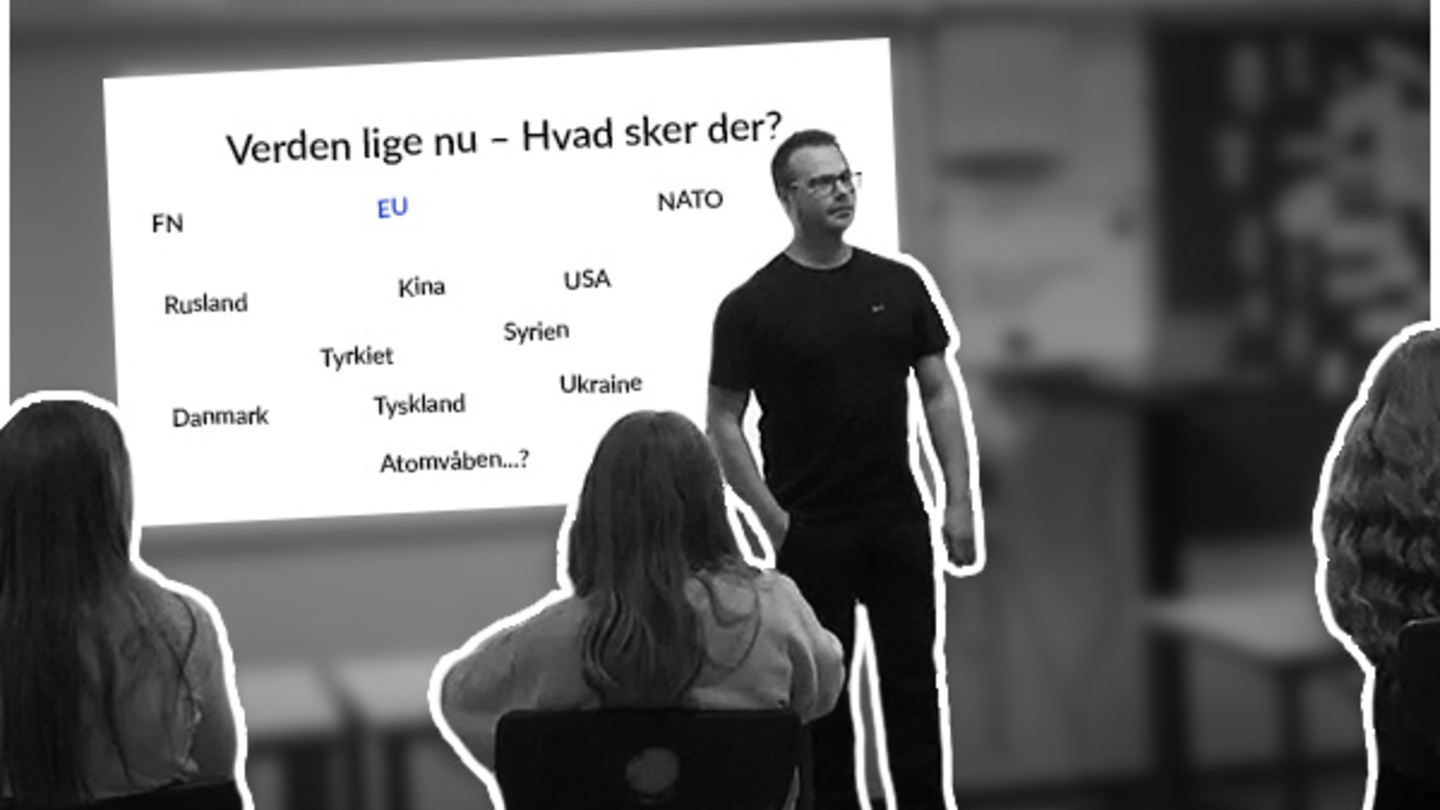Nordic Conference in Social Science Education
Challenges of social science education in times of change and crisis
For each of the NOKSA conferences it has been asserted that we live in times of rapid changes and what some consider permanent crisis. War in Europe, climate crisis, questions of gender and identity, uncertain support for democracy and technological developments that worry even the experts within the fields, can make the task of education for future societies overwhelming.
The aim of social science education is to educate critical and competent citizens who are able and willing to participate in a positive development of society. But what this means is an ongoing discussion, which the NOKSA conference is a part of.
That we live in times of changes is no surprise to social science educators. In 2024 it is 176 years since Marx and Engels stated that “All that is solid melts into air”, which has been read as the headline for modernity. It was ten years earlier that Hans Christian Andersen wrote The Emperor’s new clothes, where the innocent child is the person that has the courage to express that the emperor is not wearing the beautiful garments everybody is pretending to admire.
The situation calls for citizens that are both able to participate critically, and to criticize power, but what is the role of social science education, and how is it best fulfilled?
The NOKSA conference welcomes contributions from junior and senior researchers to present ongoing or finished research projects relating to social science education in the Nordic Region. We welcome presentations, workshops and symposiums related to the themes of the conference in Scandinavian languages or English.
You are invited to submit abstracts for one or more of the following:
- paper presentations
- workshops
- symposiums
- poster presentations
These must be related to the conference theme and should be in a Scandinavian language or in English.
Paper and poster presentations must contain max. 400 words and should include 3 - 5 literature references.
Poster presentations are primarily an option for junior researchers and for the presentation of educational development projects but are open to everyone.
As a new initiative, we aim to arrange paper-response sessions, in which the participants agree to submit a draft paper to the other participants 2 weeks prior to the conference, enabling them to prepare comments on each other’s papers.
Abstracts must be submitted via email: noksa24@ucl.dk
The abstracts will be evaluated by members of the organising committee. Indicate whether you are proposing a paper or poster presentation.
A group of researchers can propose a symposium with more than one paper.
State if you are interested in participating in a paper-response session, if you submit an abstract for a paper presentation.
Dates in 2024
- January 16th - extended deadline for abstracts
- January 19th - notice of acceptance
- February 9th - early bird registration
- March 1st - registration.
Changes may occur in the program.
Thursday – April 11th
8.30-9.00: Registration and Coffee/Tea, room AU103
9.00-9.15: Opening of the Conference
Thomas Illum Hansen, Head of research, UCL
Welcome by the local committee, Anders Stig Christensen,
Nadine Malich-Bohlig, Marie Bonde Olesen
9.15-10.15: Keynote I: Thorsten Bøgh Thomsen
Romantic Aestetics and Climate Change
10.15-10.30: Coffee Break
10.30-12.00: Parallel Sessions I
12.00-13.00: Lunch
13.00-14.30: Parallel Sessions II
14.30-14.45: Coffee Break
14.45-16.15: Parallel Sessions III
17.00-18.30: Guided City Tour
19.30: Conference Dinner
Friday – April 12th
8.00-8.30: Information om NOKSA 5, room AU103
8.30-9.30: Keynote II: May Jehle
Current challenges of "Politische Bildung" in Germany in
the light of the historical development
9.30-9.45: Coffee Break
9.45-11.15: Parallel Sessions IV
11.15-11.30: Coffee Break
11.30-13.00: Parallel Sessions V
13.00-14.00: Lunch and end of conference
Keynote I: Thorsten Bøgh Thomsen
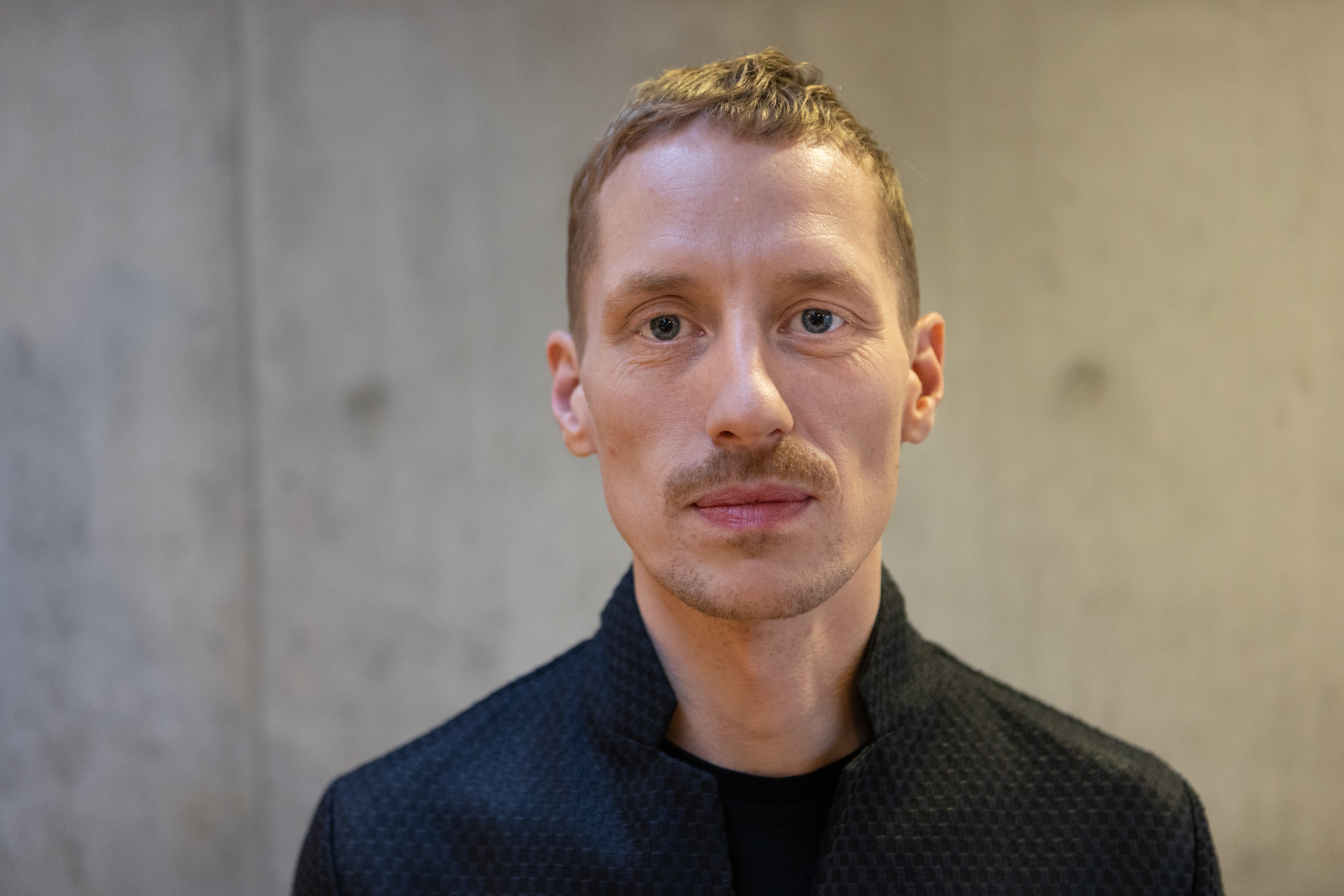
Romantic Aesthetics and Climate Change
In his debut novel Journey on Foot from 1829, Hans Christian Andersen states that the human is nothing more than a shadow point on an earth that is just an atom in the great universe. The book presents a critique of human arrogance in an ironic tone that puts a spin on early 19th century art, religion, and natural philosophy. The 19th century was a century in which questions about the relationship between the human and the nonhuman were foregrounded. Questions whose topicality has only increased ever since.
In this keynote, Associate Professor and Head of the Hans Christian Andersen Center at the University of Southern Denmark, Torsten Bøgh Thomsen, will introduce 19th century deliberations on art and nature as expressed in Hans Christian Andersen’s writings. The views on the human, nature and materiality that arise in Andersen’s texts are interesting in relation to current philosophical and aesthetic discussions about climate and the environment. Not only because Danish romanticism in many ways produced views on nature and humanity that are still in effect, but also because romanticism unfolded alongside the industrialization that set global warming in motion. Andersen wrote with a skepticism in relation to human self-aggrandizement, an ambivalence towards romantic glorification of nature and a sensibility towards the material world that seems strikingly relevant in our time.
Keynote II: May Jehle
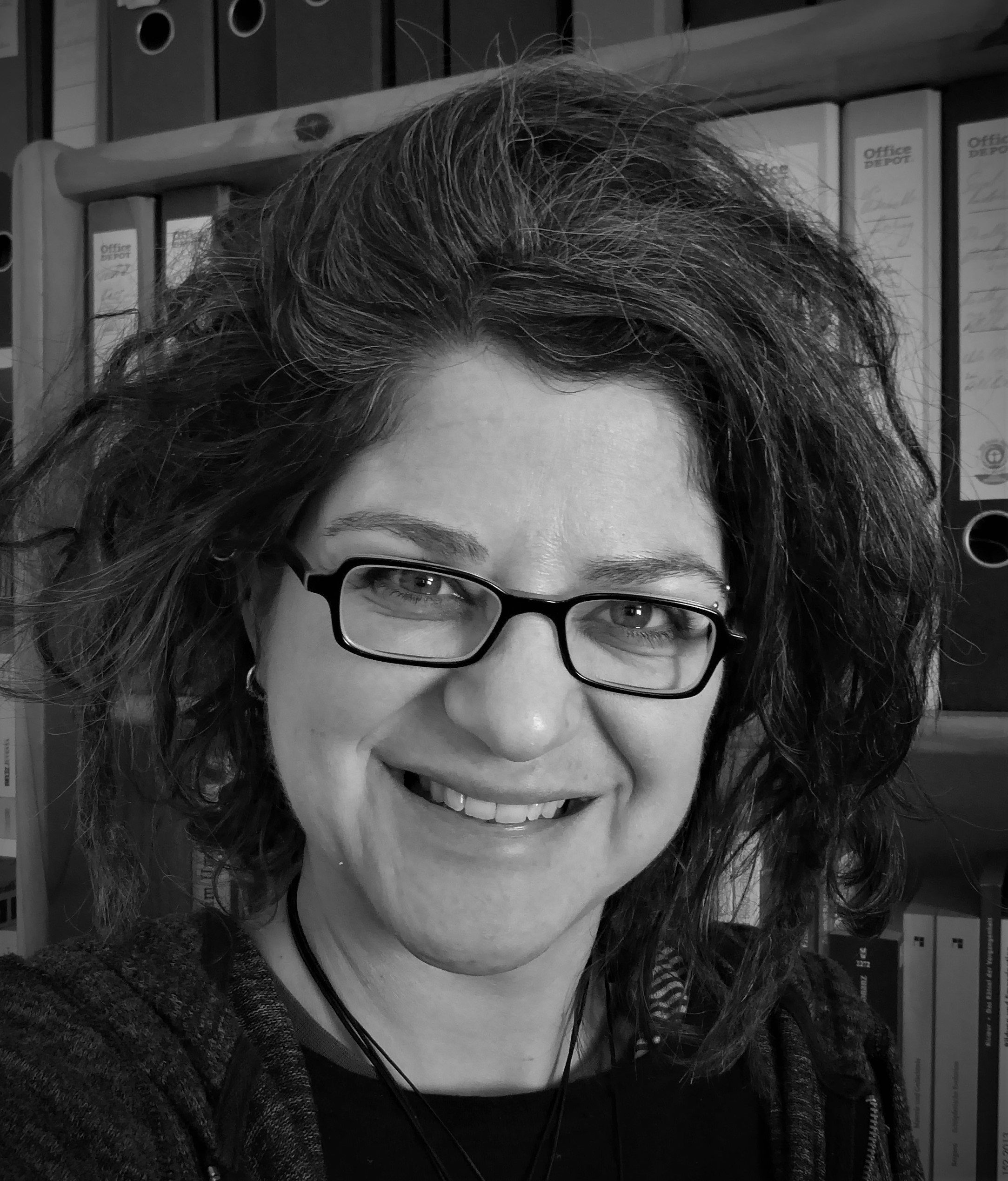
Current challenges of „Politische Bildung” in Germany in the light of the historical development
Civic education is always linked to imaginations and concepts of our current and future society and political system. That’s why we also need historical reflections in order to understand core concepts of civic education which has evolved over time. With regard to the German tradition of „Politische Bildung“ we can retrace the historical development of core concepts and basic ideas in the light of societal developments and the needs of the political systems. This historical reconstruction of core concepts and discourses on their implementation sheds light on specific tensions between affirmation and emancipation in the field of civic education. Proceeding from this reconstruction the talk will draw some lines to current the current discourse on “Politische Bildung” in Germany which focuses especially challenges for democracy by populism, extremism and societal polarizations. Following these lines the talk will lead to a discussion, how we can think “Politische Bildung” considering this polarization.
May Jehle did her doctorate on comparative case studies based on classroom videos from East and West Berlin between 1978 and 1993 at the University of Vienna. She worked in several projects in the field of video-based, subject-specific and subject-integrative teacher education at the universities in Frankfurt/Main and Mainz. Since October 2023 she holds a visiting professorship for the Didactic of Civic Education at the University Dresden. Her research interests are history of civic education, video-based classroom research, civic education and societal transformations, reflexive teacher education, subject-oriented, emancipative and solidary civic education.
The Venue: UCL Erhvervsakademi og Professionshøjskole, Niels Bohrs Allé 1, 5230 Odense M
The conference is arranged at UCL University College, Odense. You can get to Odense by train from Copenhagen airport.
From Odense city to UCL bus 35 goes from Odense Station to bus stop "Folkebo". Check rejseplanen.dk.
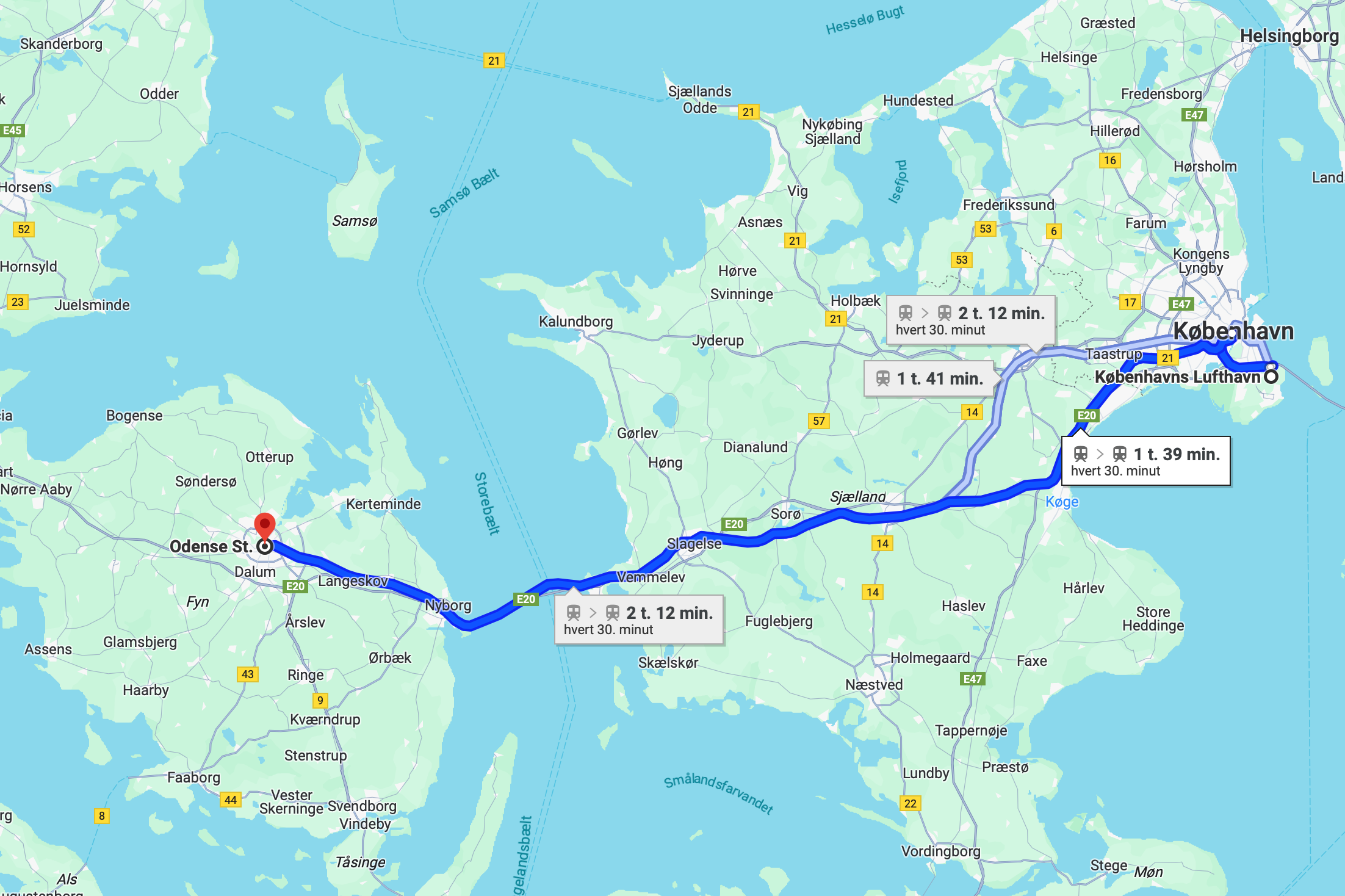
Accommodation
Odense has many hotels near the centre. Below you will find a list of hotels in different price ranges within walking distance of Odense Station.
Price
1.500 DKK meals and conference dinner included
Registration
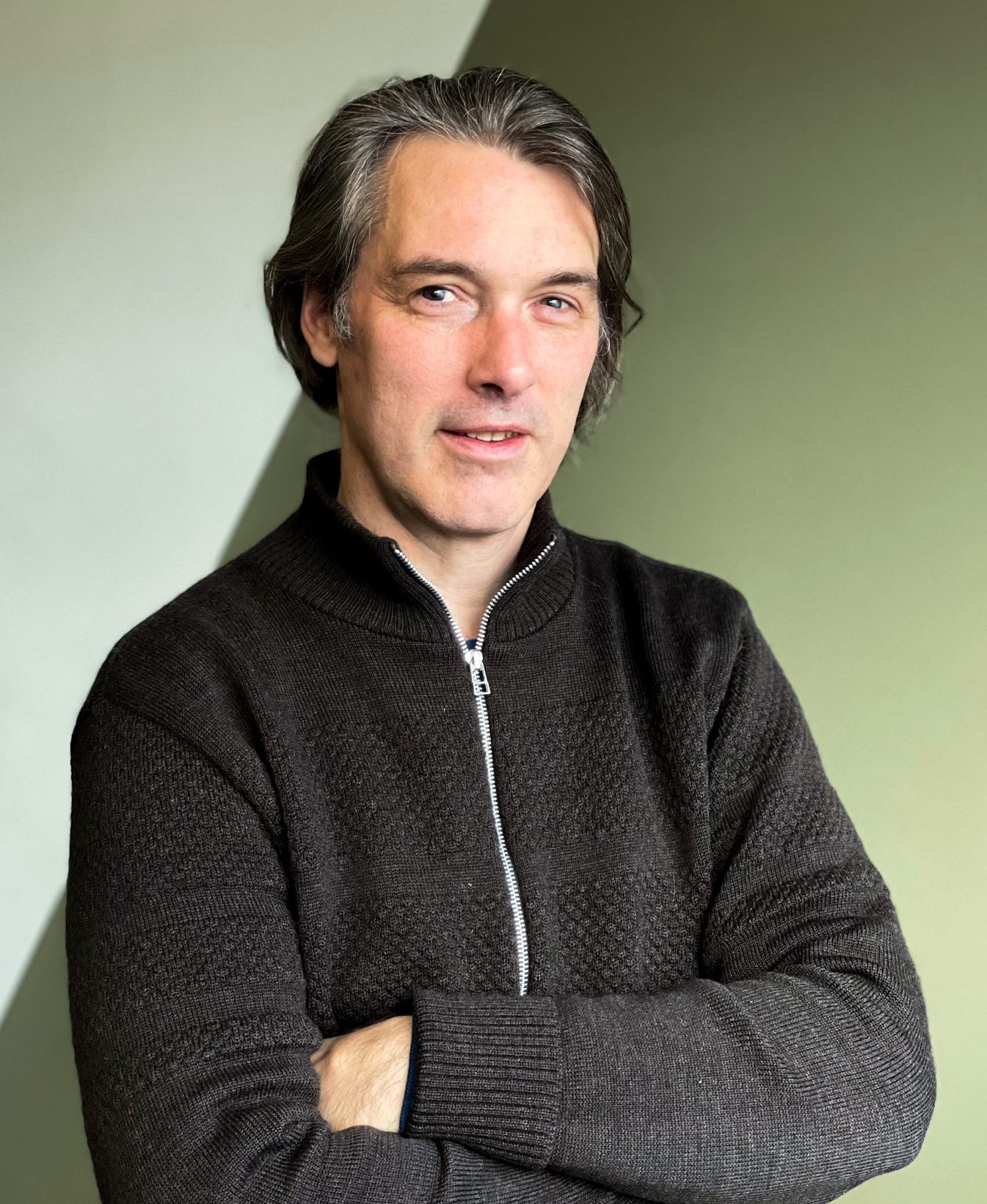
Anders Stig Christensen, lektor, ph.d., UCL Erhvervsakademi og Professionshøjskole
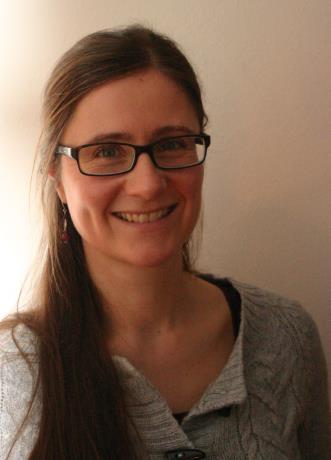
Nadine Malich-Bohlig, lektor, ph.d., UC Syd
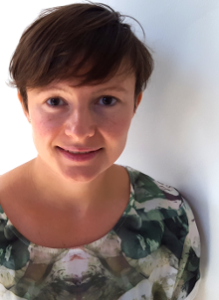
Marie Bonde Olesen, lektor Cand. Mag. UCL Erhvervsakademi og Professionshøjskole
In case of questions please contact Nadine Malich-Bohlig nmbo@ucsyd.dk, Anders Stig Christensen ansc@ucl.dk or Noksa24@ucl.dk.
